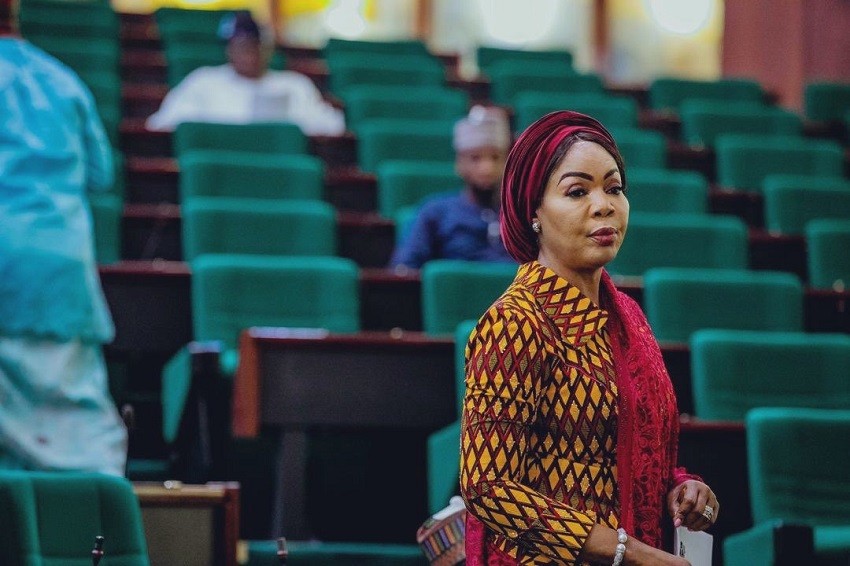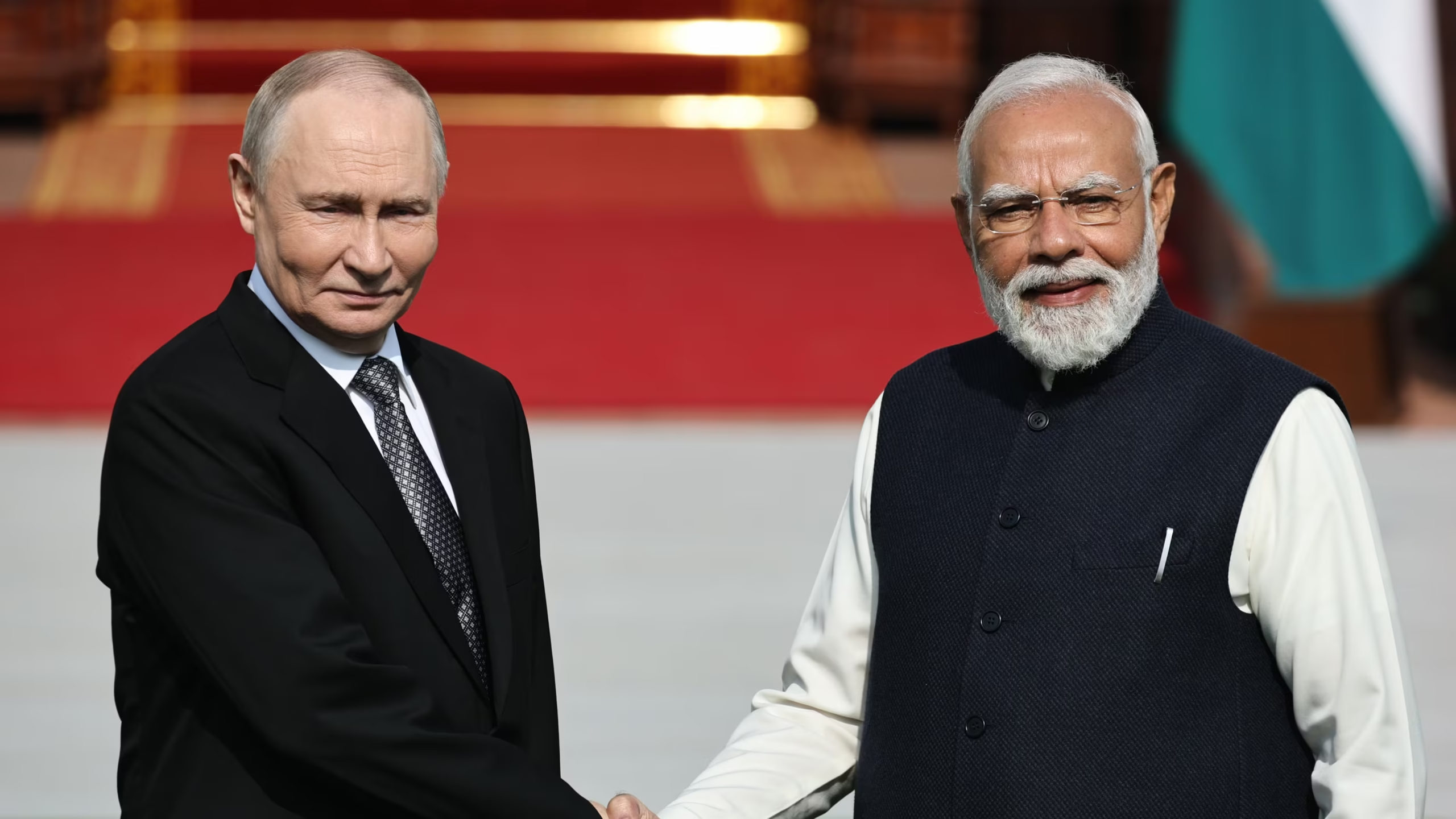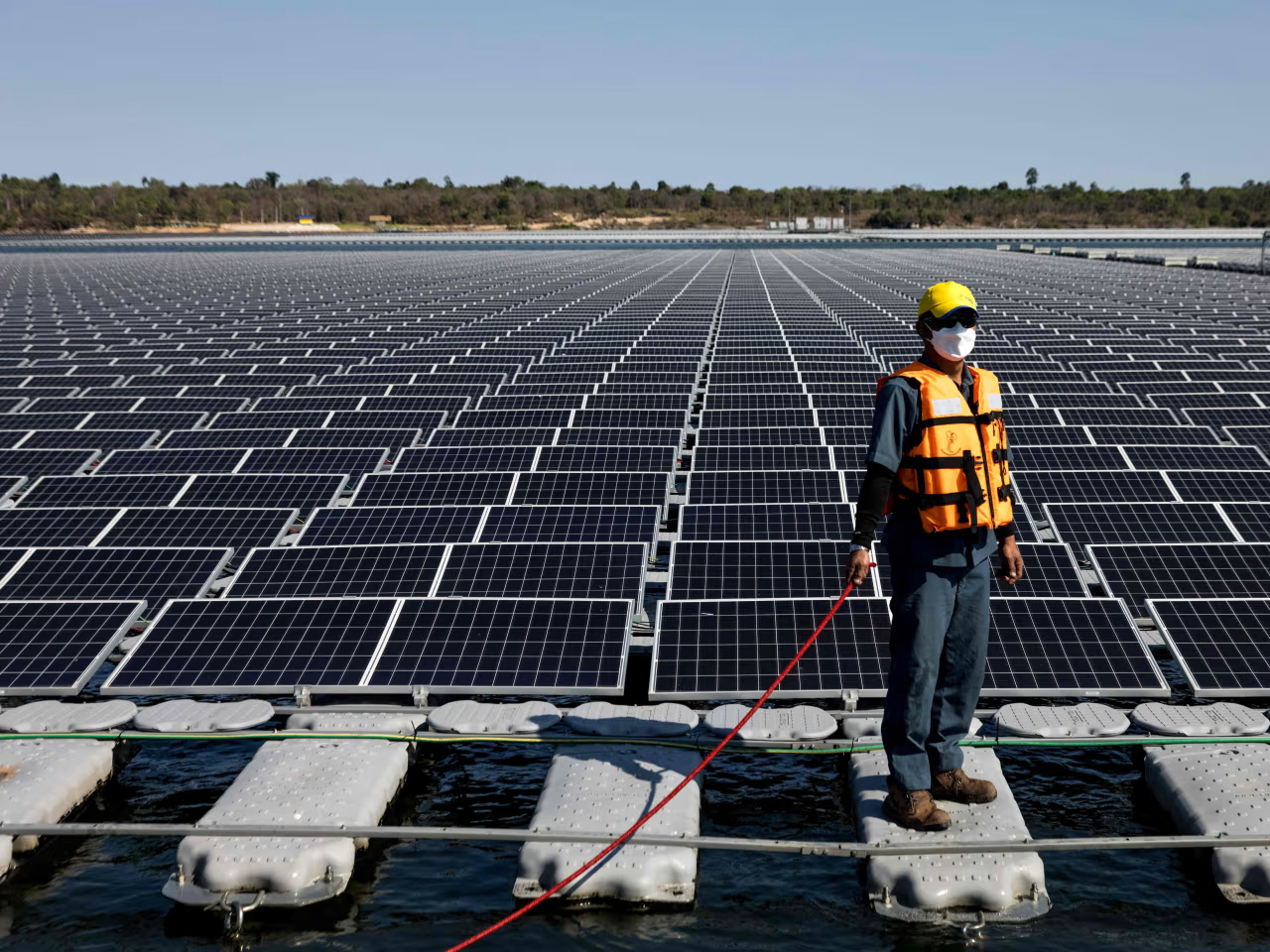Nkeiruka Onyejeocha, the Minister of State for Labour and Employment, has reaffirmed the Federal Government’s commitment to promoting dignified and inclusive job opportunities. This initiative aims to enhance the quality of employment for all Nigerians, ensuring that everyone has access to meaningful work.
Commitment to Inclusive Employment
In her recent address, Onyejeocha emphasized that the government is dedicated to creating an environment where all citizens can find dignified work. “Our goal is to ensure that every Nigerian has access to jobs that not only provide income but also respect their dignity,” she stated. This commitment reflects the government’s broader strategy to tackle unemployment and underemployment in the country.
The focus on inclusive employment is particularly significant given Nigeria’s high unemployment rates. Many young people and marginalized groups struggle to find suitable job opportunities. By promoting dignified jobs, the government aims to empower these individuals and enhance their contributions to society.
Why Are Dignified Jobs Important?
Dignified jobs are essential for several reasons. Firstly, they contribute to economic stability by providing individuals with the means to support themselves and their families. When people have access to fair wages and safe working conditions, they are more likely to invest in their communities and contribute to economic growth.
The Federal Government has launched various initiatives to support this commitment. These include skills development programs, partnerships with private sector organizations, and the promotion of entrepreneurship. By equipping individuals with the necessary skills, the government aims to increase employability and foster a culture of self-reliance.
Onyejeocha highlighted the importance of collaboration with various stakeholders. “We must work together with businesses, NGOs, and communities to create an ecosystem that supports dignified employment,” she remarked. This collaborative approach can lead to innovative solutions that address the unique challenges faced by different sectors.
Furthermore, the emphasis on inclusivity ensures that vulnerable populations, including women, youth, and people with disabilities, are not left behind. By implementing policies that target these groups, the government can promote equality and social justice in the labor market.
Conclusion: A Vision for Employment in Nigeria
In conclusion, Nkeiruka Onyejeocha’s reaffirmation of the Federal Government’s commitment to promoting dignified and inclusive jobs is a significant step towards addressing unemployment in Nigeria. By focusing on meaningful work for all citizens, the government aims to empower individuals and strengthen the economy.
As this initiative unfolds, the focus on collaboration and inclusivity will be vital in shaping a brighter future for the Nigerian workforce. The commitment to dignified jobs not only enhances the quality of life for individuals but also contributes to the overall progress of the nation.
FAQ Section
What is the government’s commitment to dignified jobs?
The government aims to promote dignified and inclusive job opportunities for all Nigerians, enhancing the quality of employment.
Why are dignified jobs important?
Dignified jobs provide fair wages, safe working conditions, and contribute to economic stability and community development.
What initiatives support this commitment?
Initiatives include skills development programs, partnerships with the private sector, and entrepreneurship promotion.
How does the government ensure inclusivity in employment?
The government implements policies targeting vulnerable populations, including women, youth, and people with disabilities, to promote equality in the labor market.




